
In the context of global digital transformation, e-commerce has become an indispensable business method for businesses and business households to improve competitiveness, expand markets and optimize operations - Illustrative photo
The workshop was co-chaired by Chairman of the Economic and Financial Committee Phan Van Mai and Deputy Minister of Industry and Trade Phan Thi Thang, with the participation of representatives of agencies, associations, experts, the business community and press agencies.
In the context of global digital transformation, e-commerce has become an indispensable business method for businesses and business households to improve their competitiveness, expand their markets and optimize their operations. In particular, with the specific nature of transactions, buying and selling goods and providing services on digital platforms without geographical limitations, e-commerce helps businesses and business households reach customers nationwide, even globally, at a much lower cost than traditional channels.
On July 23, 2025, the Government gave its opinion on the draft Law at the Government's Special Session on Law-Making in July 2025; it is expected to be completed and submitted to the National Assembly Standing Committee for comments at the session in September 2025. The draft Law consists of 8 Chapters and 50 Articles, closely following 6 policies approved by the Government. Based on the Party's guidelines and policies, the Government's direction, practical requirements and the acceptance of opinions, the draft Law focuses on the following major contents: Regulations on types of e-commerce platforms and responsibilities of entities participating in e-commerce activities on e-commerce platforms: Direct business e-commerce platforms, intermediary e-commerce platforms, social networks operating e-commerce, multi-service integrated platforms; Regulations on livestream sales activities, affiliate marketing and responsibilities of related entities; Regulations on e-commerce activities with foreign elements and responsibilities of related entities; Regulations on support services for e-commerce and responsibilities of organizations providing e-commerce support services; Regulations on policies to support the development of e-commerce in a green and sustainable direction.
With the above major content groups, the draft Law on E-commerce focuses on solving a number of current outstanding issues in state management of e-commerce such as: Controlling and handling counterfeit goods, banned goods, goods infringing intellectual property rights, and poor quality goods circulating on the market; controlling content, marketing information, and advertising of products, goods, and services provided; identifying sellers, tracing and handling violations; managing taxes from e-commerce activities including cross-border e-commerce; protecting consumer rights, protecting personal data, etc. The Law not only focuses on management issues but also solves issues of creation and development, especially the development of the private economy , small and medium enterprises, and business households in implementing legal regulations with specific and appropriate preferential and support policies.
The workshop to collect opinions on the draft Law on E-commerce listened to and exchanged opinions between the drafting agency, the reviewing agency with ministries, branches, enterprises, associations and interested organizations to continue perfecting the draft Law on E-commerce. It is expected that the Law on E-commerce will be submitted to the National Assembly for approval at the 10th session of the 15th National Assembly (October 2025).
Anh Tho
Source: https://baochinhphu.vn/lay-y-kien-hoan-thien-du-an-luat-thuong-mai-dien-tu-102250728112550525.htm



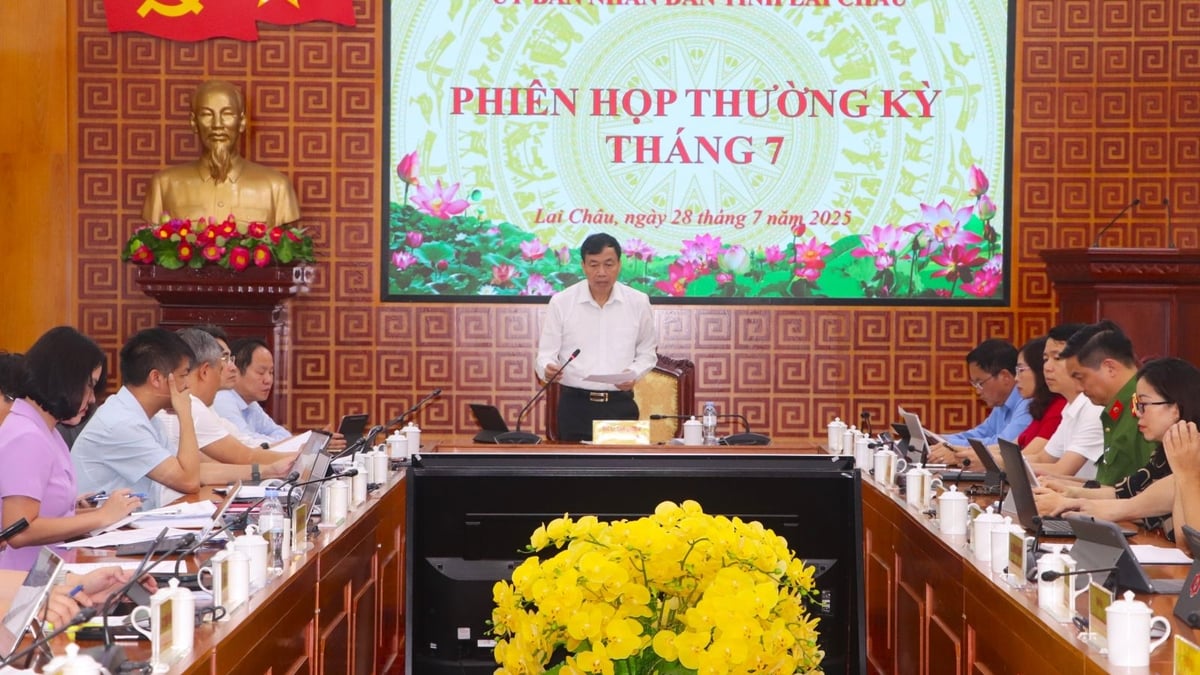

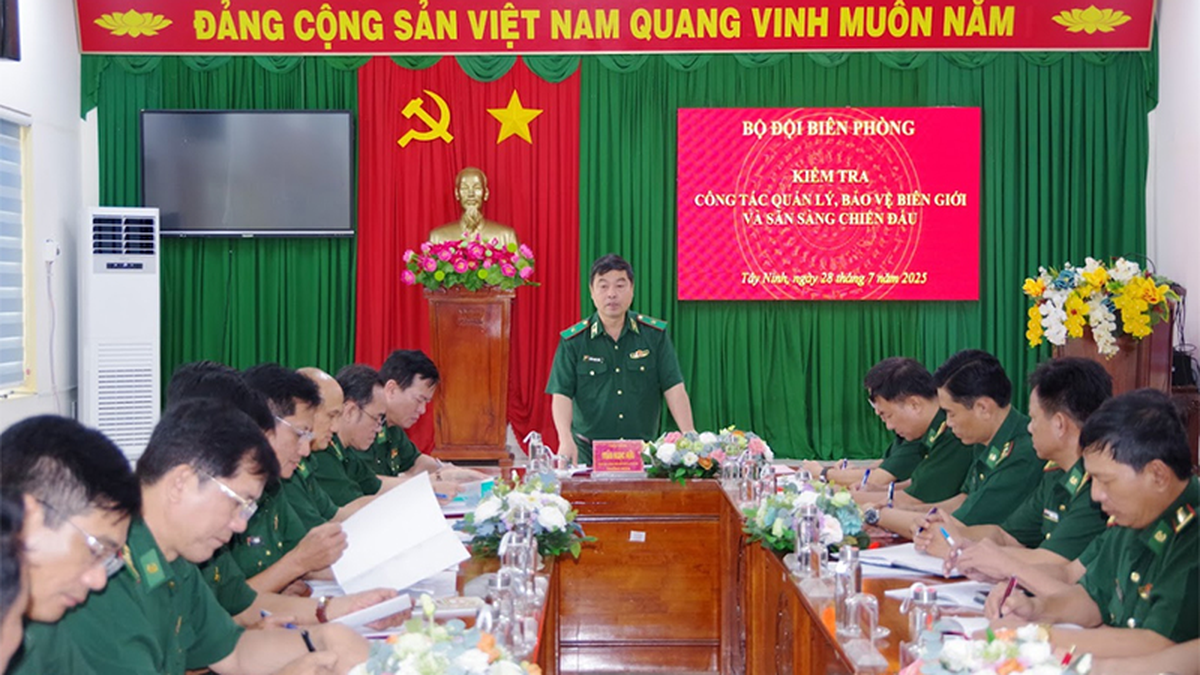

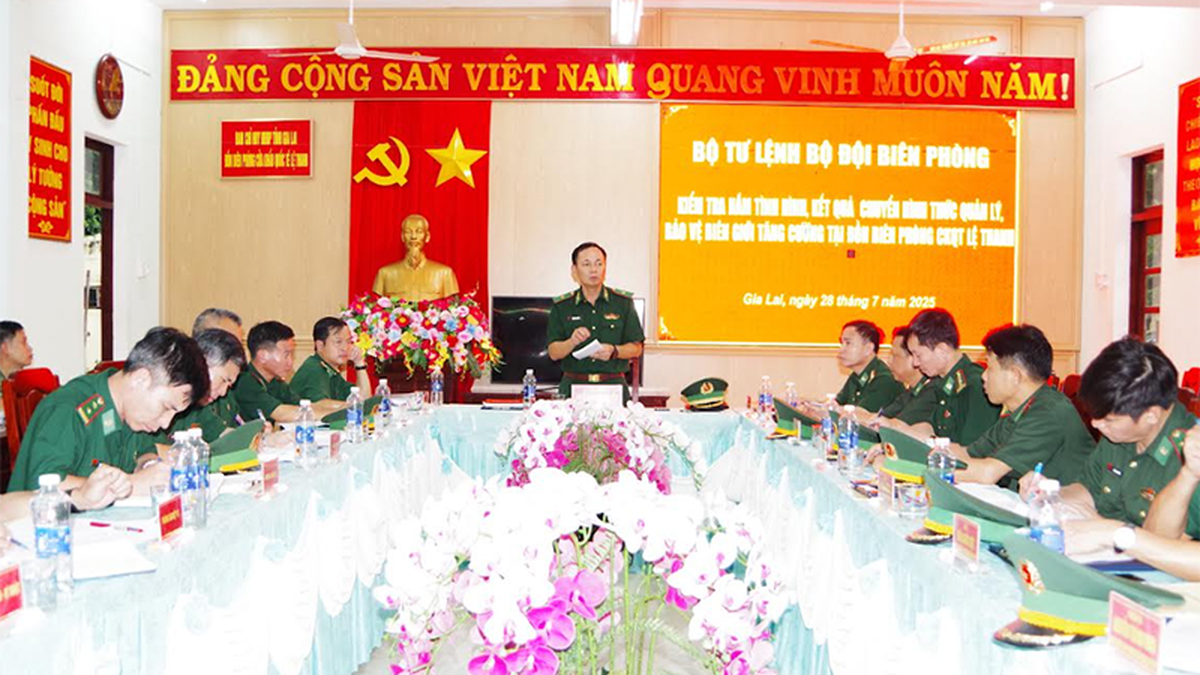


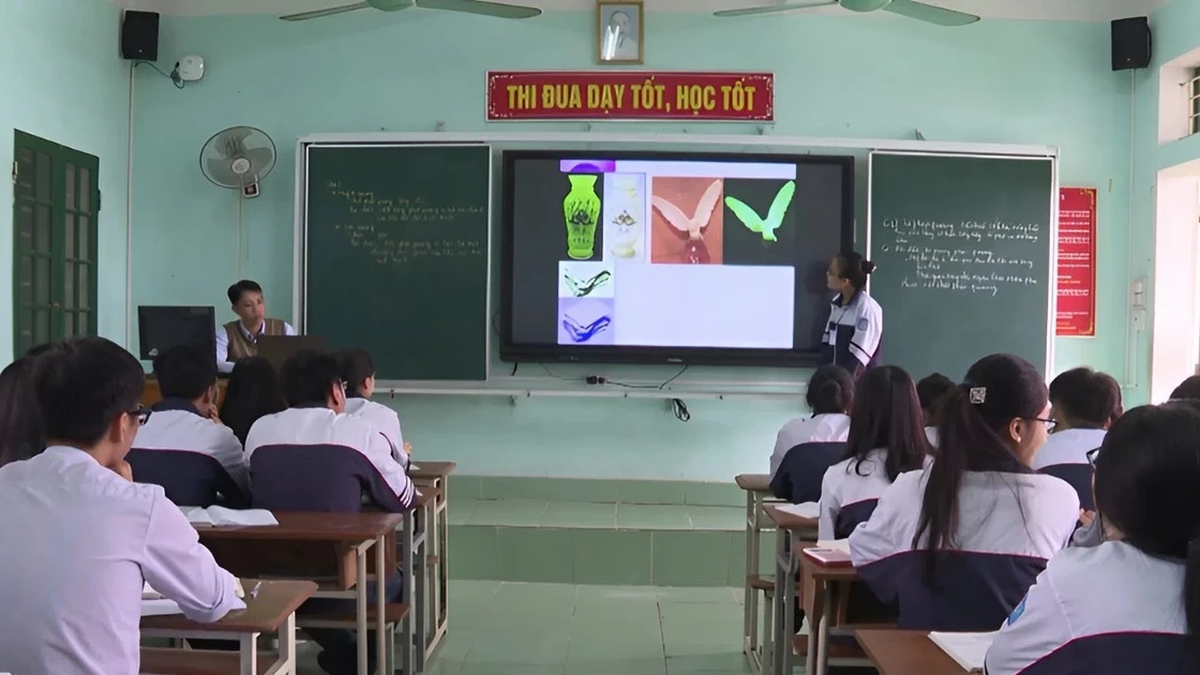
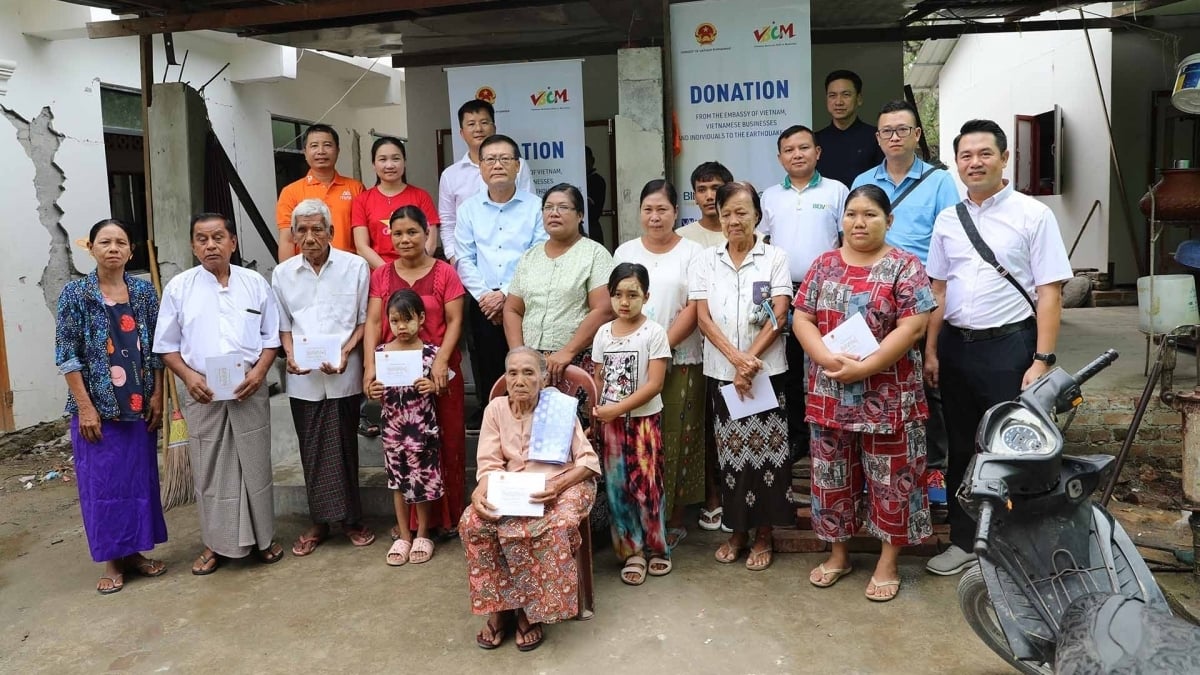













![[Photo] National Assembly Chairman attends the seminar "Building and operating an international financial center and recommendations for Vietnam"](https://vphoto.vietnam.vn/thumb/1200x675/vietnam/resource/IMAGE/2025/7/28/76393436936e457db31ec84433289f72)











































































Comment (0)